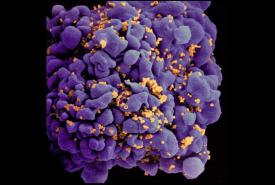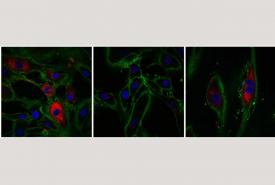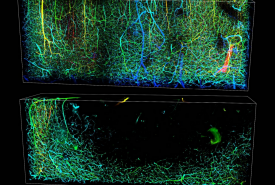Merck Announces molnupiravir data which required less Acute Care Visit
Merck, known as MSD outside the United States and Canada, and Ridgeback Biotherapeutics today announced the Annals of Internal Medicine has published additional data from the Phase 3 MOVe-OUT trial evaluating LAGEVRIO™ (molnupiravir), an investigational oral antiviral medicine, in non-hospitalized adults with mild to moderate COVID-19 who were at high risk for progressing to severe disease.


















